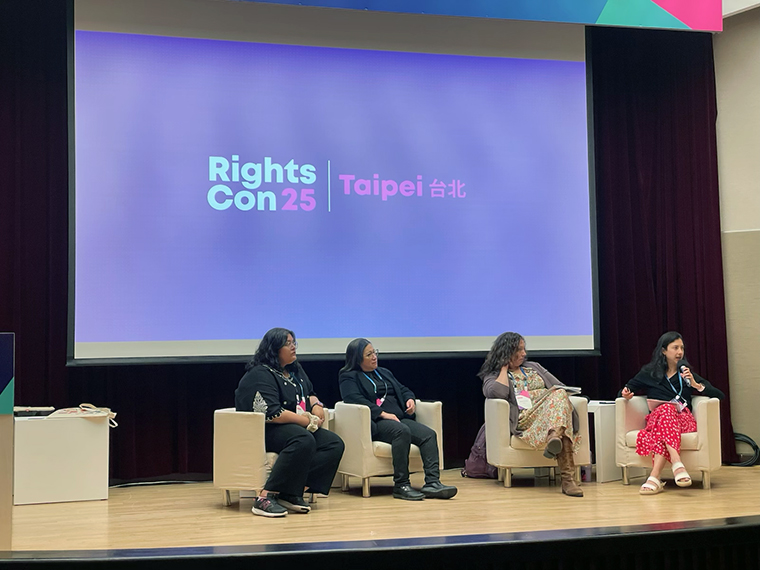Why the World Economic Forum Should Be a Platform to Promote Human Rights

January 7, 2025
Later this month, leaders of major corporations, nonprofits, and countries will gather for their annual conclave in the snowy Swiss Alps. This year’s World Economic Forum (WEF) in Davos will take place under the banner of “Collaboration for the Intelligent Age,” with sub-themes that include “Rebuilding Trust,” “Reimagining Growth,” “Investing in People,” and “Safeguarding the Planet.”
Davos draws its share of criticism with skeptics suggesting that the gathering serves primarily to launder the reputations of the rich and powerful. Anti-WEF protests have led to security protocols that restrict access to the high-level discussions.
This time, many of my colleagues in the field of business and human rights are expressing cynicism when I argue that our academic discipline should be represented in Davos. The director or our Center, Professor Michael Posner, has been attending sessions in Davos regularly, but not many others do. Some complain that human rights have at best been embraced ceremonially by companies and that corporate profits will always outweigh principles.
Exactly this cynicism and the often-weak substantive engagement with human rights, however, are dangerous for corporate profits. If the current trust crisis in society’s institutions deepens, political stability is at stake. Violent conflicts have been surging around the world, and it is well-established that political instability is not favorable for companies’ long-term growth and profits.
Over the years, I have met many corporate leaders who have difficulty with human rights language, even if they in principle care about social impacts. For some, it remains a concept that is perceived as militant, leftist, and naive. This misconception requires urgent clarification.
Human rights issues arise for every business. If companies want to gain trust and set themselves up for long-term success, they need to serve people and present solutions to pressing human rights challenges. This includes developing credible solutions that curb climate change, address labor migration, establish labor rights in global supply chains, and define principles for social media platforms and tech innovations such as generative AI.
And while corporate leaders are quick to point out that governments should make rules addressing these problems, they need to acknowledge that in today’s fragile world they cannot wait for governments. With populism on the rise and democracy eroding in many countries companies need to step up when governments are unable or unwilling to protect basic human rights — for the sake of protecting principles that define our humanity and for the sake of protecting profits.
At this year’s WEF, corporate leaders have an opportunity that they should not miss: framing the purpose of business as serving society, shareholders and stakeholders, just as the WEF itself outlined it in the Davos Manifesto in 2020.
Human rights are the foundation for stable and peaceful societies and, as Eleanor Roosevelt put it, they begin in small places close to home. Each business can make a difference by identifying and mitigating human rights risks in their own operations and supply chains. In the EU, human rights due diligence laws now legally require companies to engage, but enlightened self-interest should guide corporations everywhere.
Of course, there are examples of companies that were able to make enormous profits by exploiting people and nature. For example, child labor can be profitable. Smaller hands may work faster in cotton fields. But such practices are also destroying a generation’s development potential, the foundation for any sustainable profits.
Instead, we need to focus our energy on developing and documenting business models that are working towards aligning profits and principles. To achieve this, business needs to innovate, and governments need to set incentives for such business models to flourish. The WEF in Davos would be an ideal platform to set the tone and frame for this objective.
Business and human rights scholars should help corporate leaders to develop pragmatic but principled solutions that advance human rights and that allow companies to flourish. They could support transformation processes by assessing business models, refining them, and training current and future managers. They can also help to bring together companies that face similar challenges to facilitate collaborations among key stakeholders.
Encouraging such conversations with business and human rights scholars would put this year’s Davos slogan of “Collaboration for the Intelligent Age” into practice.
 Business Education
Business Education Business & Human Rights Leadership
Business & Human Rights Leadership


